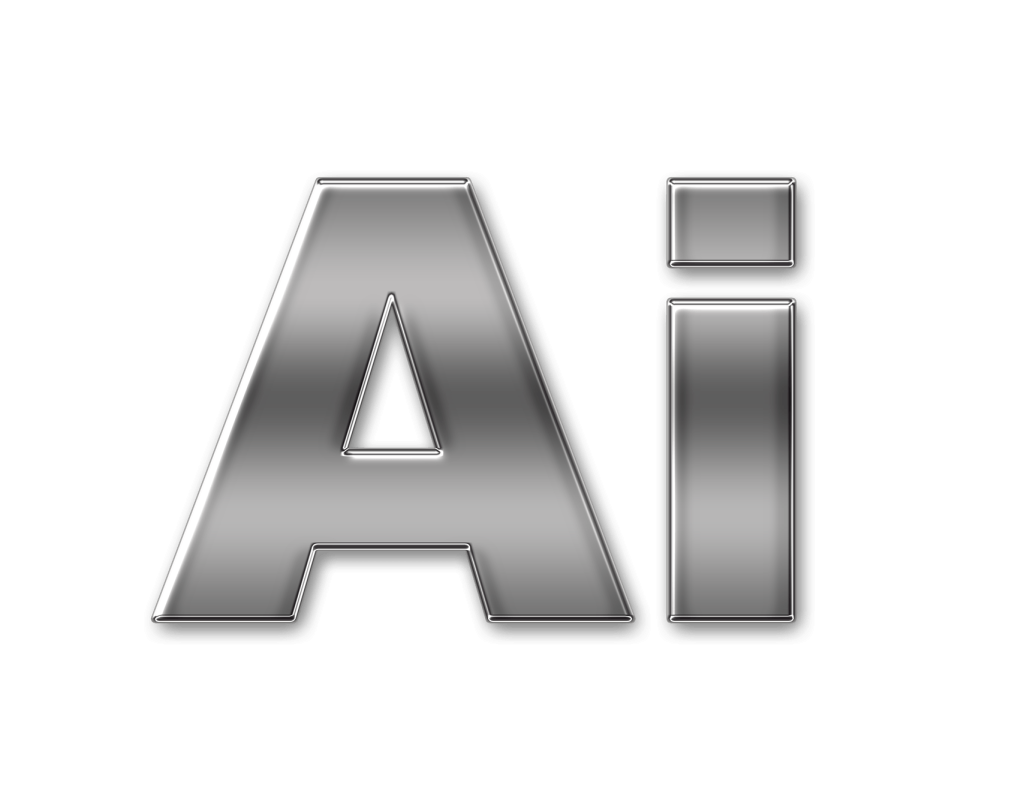
Introduction to Artificial Intelligence
Artificial Intelligence, commonly referred to as AI, is a branch of computer science that aims to create systems capable of performing tasks that typically require human intelligence. These tasks include learning, reasoning, problem-solving, perception, and language understanding.
AI is transforming industries, enhancing efficiency, and enabling new possibilities. But what exactly is AI, and how does it work? Let's dive in and explore this fascinating field.
A Brief History of AI
The concept of AI has been around for centuries, with early ideas of automata appearing in ancient myths. However, modern AI began in the 20th century:
- 1950s: The term "Artificial Intelligence" was coined by John McCarthy in 1956. This era saw the development of early AI programs that could solve problems and play games like chess.
- 1960s-70s: AI research focused on symbolic methods and knowledge representation. Projects like ELIZA, an early natural language processing program, emerged.
- 1980s: The rise of expert systems, which used rule-based logic to simulate human expertise in specific domains.
- 1990s: AI witnessed significant advancements with the development of machine learning algorithms and data-driven approaches.
- 21st Century: The explosion of big data, advancements in computing power, and new algorithms led to breakthroughs in AI, including deep learning and neural networks.
Types of AI
AI can be categorized into three types based on its capabilities:
- Narrow AI: Also known as Weak AI, this type is designed to perform a narrow task (e.g., facial recognition, internet searches, or driving a car). Narrow AI is prevalent today and includes technologies like Siri and Alexa.
- General AI: Also called Strong AI, this type can understand, learn, and apply knowledge across a wide range of tasks, much like a human. General AI remains a theoretical concept and has not yet been achieved.
- Superintelligent AI: This hypothetical AI surpasses human intelligence in all aspects, including creativity and problem-solving. The concept raises ethical and safety concerns and remains a subject of speculation.
How AI Works
AI systems use algorithms and computational models to process data, learn from it, and make decisions. Here are some key components and techniques:
- Machine Learning (ML): A subset of AI that enables systems to learn and improve from experience without being explicitly programmed. ML algorithms analyze data, identify patterns, and make predictions.
- Deep Learning: A subfield of ML that uses neural networks with many layers (hence "deep") to model complex patterns in data. Deep learning has been instrumental in advancing image and speech recognition.
- Natural Language Processing (NLP): This technology enables machines to understand, interpret, and generate human language. NLP powers applications like chatbots, translation services, and sentiment analysis.
- Computer Vision: This field focuses on enabling machines to interpret and process visual information from the world, similar to human vision. It's used in facial recognition, object detection, and autonomous vehicles.
Applications of AI
AI is revolutionizing various industries with its wide range of applications:
- Healthcare: AI assists in diagnosing diseases, personalizing treatment plans, and predicting patient outcomes. For example, AI algorithms analyze medical images to detect conditions like cancer.
- Finance: AI improves fraud detection, algorithmic trading, and customer service. Chatbots and robo-advisors are becoming common in the financial sector.
- Retail: AI enhances customer experiences through personalized recommendations, inventory management, and optimizing supply chains.
- Transportation: AI powers autonomous vehicles, traffic management systems, and predictive maintenance for transportation infrastructure.
- Entertainment: Streaming services use AI to recommend content, and video game developers create more realistic and intelligent characters.
The Future of AI
AI continues to evolve, and its future holds exciting possibilities:
- Enhanced Personal Assistants: AI will become more intuitive, understanding context and emotions better, making interactions more natural.
- AI in Education: Personalized learning experiences and intelligent tutoring systems will become more prevalent, helping students learn at their own pace.
- Smart Cities: AI will play a crucial role in managing urban infrastructure, optimizing energy usage, and improving public safety.
- Ethical AI: As AI becomes more integrated into society, ensuring it is developed and used ethically and responsibly will be paramount.
The journey of AI is ongoing, and its impact on society is profound. As we continue to explore and innovate, understanding AI's potential and limitations will help us harness its power for the greater good.
Credit to AI Insights








